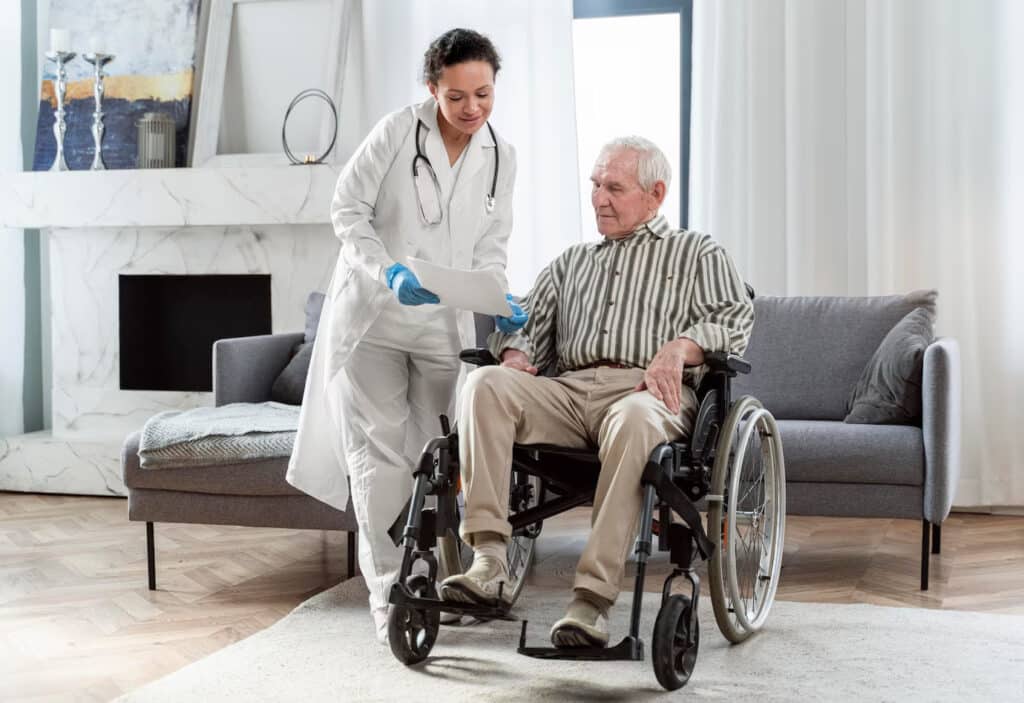Caring for aging loved ones is more than a responsibility – it’s a meaningful journey rooted in love, commitment, and connection. As the need for quality elder health care grows, families are discovering that their involvement makes all the difference in improving both emotional and physical well-being. Whether you’re planning care at home or working with a senior living community, your presence ensures seniors feel valued and secure.
This blog explores how family support, advocacy, and collaboration enhance the quality of elder health care. From emotional bonding to navigating complex health decisions, your role as a caregiver matters deeply. Learn how to create an enriching, connected experience for your loved one at Westmont of Chico.
Visit us at Westmont of Chico to explore our supportive community.
The Importance of Family Support in Elder Care
When considering how to take care of the elderly at home, family support is often the foundation. From companionship to helping with daily tasks, your involvement provides comfort and security. Many seniors suffer from loneliness, which can negatively affect their mental and physical health. A supportive home atmosphere that includes regular visits, shared meals, and attentive listening fosters emotional stability.
Your support helps seniors retain their sense of purpose and dignity. In fact, the importance of elderly care cannot be overstated—it strengthens relationships, encourages positive routines, and maintains quality of life. Learn more about the role of family in elevating elder care experiences.
Advocacy: Families as Champions for Seniors
Advocacy allows you to be the voice for your loved one’s care needs. Whether they’re in a senior living community or receiving private care for the elderly at home, speaking up ensures personalized and respectful treatment. As an advocate, you work with healthcare professionals, track medications, and monitor care plans.
Effective advocacy begins with being well-informed. Knowing your loved one’s health conditions, preferences, and routines allows for better communication with caregivers and doctors. Your active involvement leads to improved health outcomes and increased satisfaction.
Incorporating insights from personalized care will further empower you to make informed decisions about the well-being of your family member.
Collaborative Care Planning for Tailored Solutions
Creating a care plan is not a one-size-fits-all process. A collaborative approach ensures that every detail—from medical needs to daily routines—is personalized. Involving multiple family members in care planning creates balance and avoids caregiver burnout.
Westmont of Chico emphasizes collaboration by offering resources and meetings for families. These planning sessions are particularly helpful for those considering elderly care assistance from the government, as navigating benefits can be confusing without support.
| Family Involvement | Benefits of Collaboration | Personalized Care Elements |
| Regular Meetings | Improved Communication | Individual Health Goals |
| Shared Decision-Making | Holistic Care Approach | Customized Activities |
| Caregiver Support | Enhanced Emotional Well-being | Dietary Preferences |
| Continuous Feedback | Better Health Outcomes | Adapted Care Strategies |
If your loved one prefers to stay home, coordinated planning is just as important for private care for the elderly at home, ensuring professional caregivers are aligned with family expectations.
Enhancing Mental Health Through Family Connections
One of the most beautiful aspects of family involvement is the ability to uplift your loved one emotionally. Positive interactions reduce anxiety, depression, and confusion in seniors. Regular quality time can involve storytelling, hobbies, or simply enjoying a meal together.
Combating Loneliness Together
Many older adults silently endure loneliness. Addressing this begins with simple, consistent gestures. Video calls, letters, shared gardening, or puzzles offer seniors the comfort of connection. Including your loved one in daily conversations or decisions gives them a sense of inclusion.
Connecting seniors with local support groups can also be incredibly impactful. These groups build friendships and provide a space for shared experiences, especially valuable for those not receiving daily visits.
Strengthening Emotional Bonds
Strong emotional ties foster resilience. Whether you live nearby or far away, intentional communication builds trust and reduces feelings of abandonment.
- Host weekly family calls
- Share photos and family updates
- Celebrate birthdays and milestones together
You don’t need grand gestures—simple consistency shows care.
Fostering a Sense of Belonging
The importance of elderly care includes emotional fulfillment. Seniors thrive when they feel needed and included. Inviting them to participate in family events, volunteer efforts, or group meals can be life-affirming.
Shared activities such as cooking, reminiscing over photo albums, or watching old movies help seniors stay mentally sharp and emotionally grounded.
To further support emotional health, explore social wellness in active adult communities and how those practices can also be applied at home.

Navigating Health Challenges Together
As health conditions become more complex with age, the need for consistent and compassionate care grows. Families play a critical role in managing doctor appointments, medications, mobility needs, and dietary changes.
Building Medical Communication Skills
Communicate openly with healthcare professionals and learn how to advocate in clinical settings. Write down questions in advance, keep updated health records, and attend appointments when possible.
This also includes understanding options for elderly care assistance from the government. Programs like Medicaid, VA benefits, and local aging departments offer financial support for both in-home and residential care. The National Council on Aging provides up-to-date resources to explore these benefits.
Family-Inclusive Care at Westmont of Chico
Westmont of Chico believes that family is central to quality elder health care. We offer family workshops, educational resources, and care meetings to ensure you’re never alone in the process. Whether you’re coordinating private care for the elderly at home or seeking the support of a community like ours, we encourage ongoing family involvement.
Your insights and emotional support enrich the care process and empower our team to offer more personalized services. Together, we aim to create a compassionate, connected care experience.
To explore our services, visit Westmont of Chico or schedule a tour.
Empowering Families to Lead in Elder Care
Caring for elderly loved ones is a lifelong gift. Whether you’re learning how to take care of the elderly at home or seeking professional assistance, your commitment matters. Advocate fiercely, plan collaboratively, and nurture your relationship daily.
By staying informed, involved, and emotionally present, you become a powerful part of your loved one’s well-being. From accessing elderly care assistance from the government to selecting the best private care for the elderly at home, every step you take adds value to their life.
For more insights and resources, consider checking:
Let your love and dedication lead the way in creating a joyful and dignified life for the seniors who raised you.
How Do The Costs Of Moving Into A Quality Senior Care Community Compare With The Costs Of Staying At Home?Compare The Costs of Senior Living vs Staying at Home
Frequently Asked Questions
What is the definition of elderly in health care?
In health care, the term “elderly” generally refers to individuals aged 65 and older. This age group often requires specialized medical attention due to age-related conditions such as chronic illnesses, reduced mobility, or cognitive decline. Health care providers may also use terms like “geriatric” or “older adults” when addressing this population. The definition can vary slightly depending on the context, such as in public health or insurance policies.
How do you take care of elderly people?
Caring for elderly people involves meeting their physical, emotional, and social needs. This may include assistance with daily activities like bathing, dressing, and meal preparation, as well as managing medications and medical appointments. Emotional support, companionship, and encouraging social engagement are also important for their mental well-being. It’s crucial to respect their independence while providing a safe and supportive environment.
What is the best health care for seniors?
The best health care for seniors is often a combination of preventive care, chronic disease management, and access to specialists such as geriatricians. Services like Medicare, senior health clinics, and home health care can provide personalized support. Wellness programs that promote mobility, nutrition, and mental health are also beneficial. The ideal approach is one that prioritizes quality of life, independence, and holistic well-being.
What are the three types of elderly care?
The three main types of elderly care are in-home care, assisted living, and nursing home care. In-home care allows seniors to receive support while staying in their own homes, which is often ideal for those with mild to moderate needs. Assisted living provides housing and personal care in a community setting, suited for seniors who need help with daily tasks but not constant medical supervision. Nursing homes offer 24/7 medical care for individuals with serious health conditions or disabilities.









